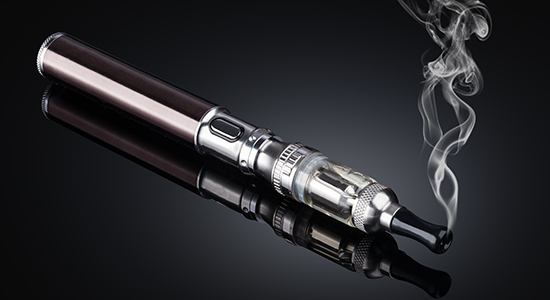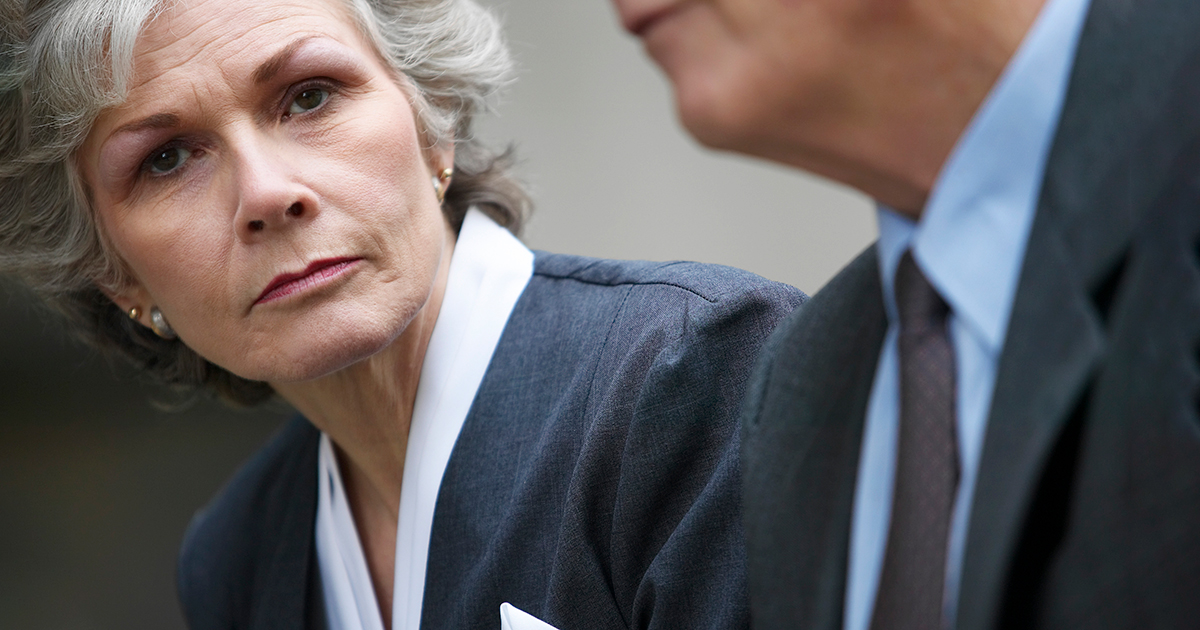Update to Article: Business of Marijuana in Wisconsin

Based on additional information, I have updated the online version of “The Business of Marijuana in Wisconsin” (Wisconsin Lawyer, March 2019). This update includes reference to a Wisconsin Legislative Council memo issued to Rep. Katrina Shankland on March 5, 2019, which describes the legal status of CBD under current state and federal controlled substances law. In short, this memo clarifies that CBD products containing a THC concentration of 0.3% or less are legal under federal law.
Wisconsin law authorizes the production, sale, and possession of CBD products derived from hemp produced under a federally authorized hemp program. In addition to CBD derived from hemp, Wisconsin law allows individuals to possess CBD without psychoactive effect, if the person has a valid physician’s certification stating that the person has a medical condition.
For a more detailed explanation, please review the online edition of the article.
Paloma Kennedy
Boardman & Clark LLP, Madison
We Want to Hear from You! Submit a Letter to the Editor
Wisconsin Lawyer provides a forum for members to express ideas, concerns, and opinions on law-related subjects. Send comments to wislawyer@wisbar.org (include “Letters” in the subject line), or mail to Wisconsin Lawyer “Letters,” P.O. Box 7158, Madison, WI 53707-7158. Limit to 500 words. Writing guidelines available.
Connect With Us Online. Post comments to articles
online, and find us on Facebook, Twitter, LinkedIn, YouTube, and Instagram.
E-Cigarettes, THC, and Tobacco

In “E-Cigarettes: Increasing Usage Among Teens Triggers Regulation, Lawsuits” (InsideTrack, Feb. 20, 2019), Joe Forward wrote that fewer people are smoking cigarettes. But more people, including many minors, are “vaping” or “juuling,” which refers to the use of electronic cigarettes (e-cigarettes).
The Wisconsin Department of Health Services (DHS) recently issued a public health advisory noting a dramatic increase in e-cigarette use among Wisconsin teens. The DHS recommends strategies to curb e-cigarette advertising and marketing that appeals to youth, as well as reducing access to flavored tobacco products. Federal regulators have already moved in that direction, with underlying lawsuits driving some changes.
Forward noted that while e-cigarette legislation was introduced in the Wisconsin Legislature’s last session (2017-18), the bills failed to pass.
A reader posted a comment:
Reader: While there has been nationwide pressure to make THC more accessible (which will inevitably make it more available for teens), the “government is my keeper” types want to eliminate a superior alternative to cigarettes. Fact: Tobacco remains a product that is (yet) legally consumed. Fact: It is largely the smoke inhalation that has the most deleterious health effects (this is true for any substance that is burned and inhaled); particularly for the second-hand, passive consumer. Fact: E-cigarettes have allowed a number of people to cease usage of tobacco, cigarettes, and cigars. Fact: Tobacco does not produce hallucinogenic effects.
I am one who is actually allergic to tobacco, but I have stood next to a person who was vaping and I was neither annoyed nor adversely affected. I grew up at a time when cigarettes were cheap and very accessible, yet I rejected them. It’s time for the nanny state to back off. Teens find all sorts of ways to mimic what they believe is “adult” behavior. Unless these implements are declared utterly illegal, teens will use them, as well as cigarettes, pipes, and various devices for smoking marijuana, which is now the mind-altering substance of choice (another substance I utterly rejected using).
Timothy S. Kittle
Broken Arrow, Okla.
Being Stereotyped Does In Fact Hurt

In “Are You the Court Reporter?” (Wisconsin Lawyer, March 2018), Deanna Koll wrote, “I would have to take off my shoes and socks to accurately count the number of times I’ve shown up at a deposition and been asked, ‘Are you the court reporter?’”
Koll said she could accept this as a compliment, but she doesn’t. She gets irritated because this is the stereotype: It’s more likely that she’s the court reporter than it is she’s the lawyer. The assumption exists, she wrote, because of her gender, and the assumption hurts. “You develop a sort of edge,” she wrote, “when you don’t get the benefit of the doubt that you’re the lawyer in charge.”
Her article invited several comments. Another reader weighs in:
Reader: I know what you are going through. I get the same thing, but it also seems to have a racial component sometimes in my case (I am partly Hispanic). I get a lot of incredulous looks.
I agree that it does in fact hurt; that your entire legal career that you have carved out for yourself, a hard battle you have fought, day by day, means nothing to this stranger. Instead they make a snap judgment based on their own biases. It really can be very belittling and put a cloud over the rest of the day if you let it. I would like to think that they are embarrassed by their narrow-minded way of thinking and that their mistake will broaden their perspective. I hope so, anyway.
Laura D. Frye
Law Offices of Laura D. Frye Ltd., Antioch, Ill.
Why Are Women Leaving the Legal Profession?

About half of today’s law school graduates are women. About half of law firm associates are women. Yet, only 20 percent of equity partners are women. What’s at the root of this situation?
In “Women Leave Law Firms and the Legal Profession. Why?” (InsideTrack, Oct. 17, 2018), Joe Forward wrote insufficient work-life balance may be one reason women leave law firms having never advanced to partnerships, but it’s not the only reason. Implicit bias, sexual harassment, law firm culture, and unequal access to opportunity are cited as other reasons by women lawyers interviewed in this article.
A reader posted a comment:
Reader: Our daughter did well in law school (magna cum laude, law review editor, public service award), but never bothered to respond to “big law” attempts to recruit her. Instead, she clerked at the court of appeals, then got a job as an appellate public defender at a substantial cut in pay from the clerkship. Why? Large law firms have a well-deserved bad reputation as places that use you up and shove you out, paying no attention to there supposedly being a life after law school.
Gene Rankin
Gene R. Rankin Law Office, Madison
